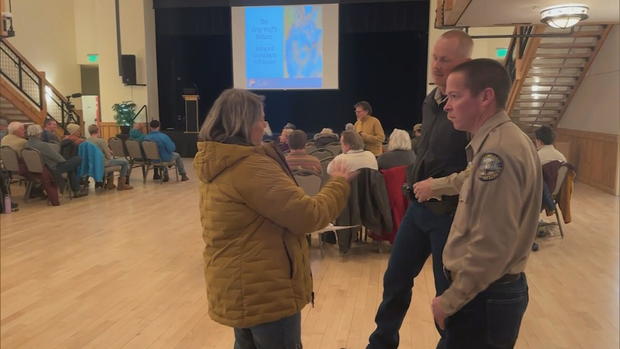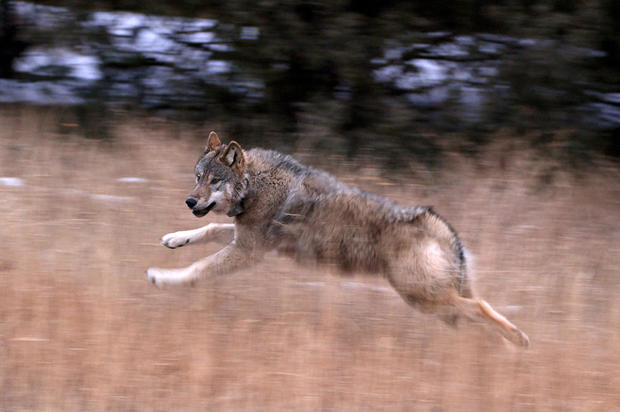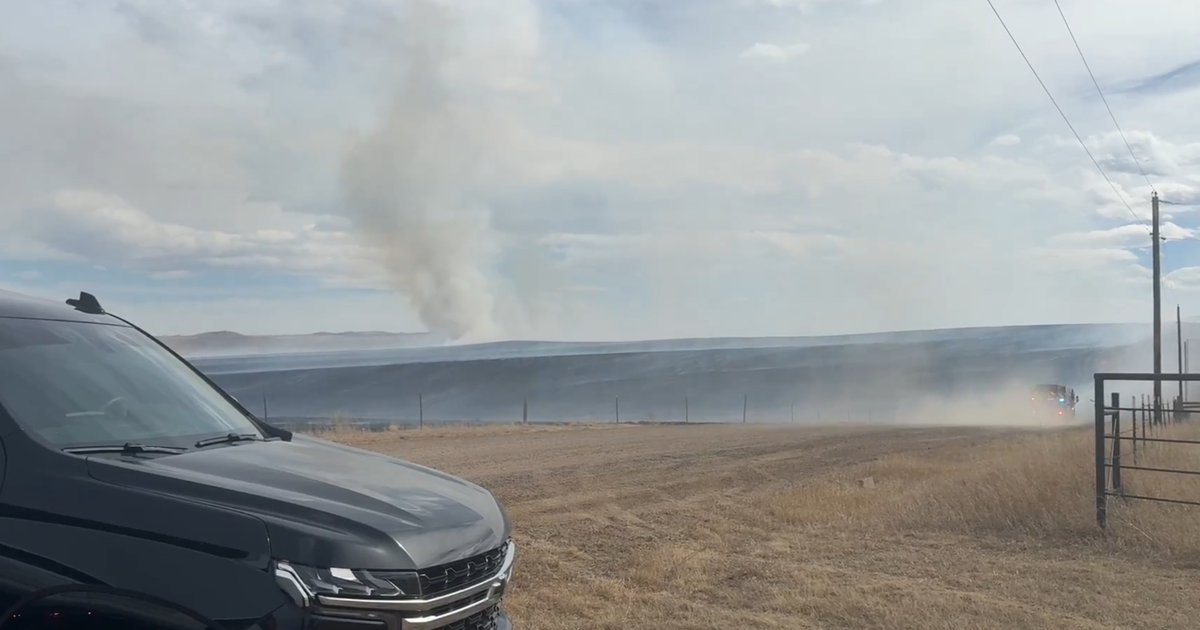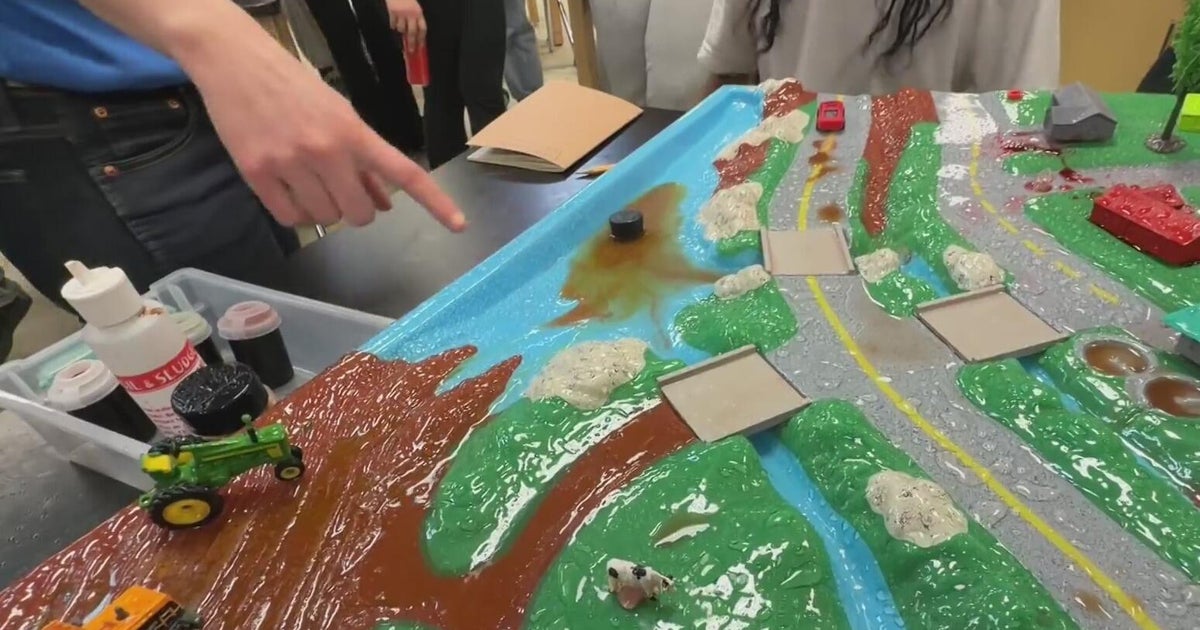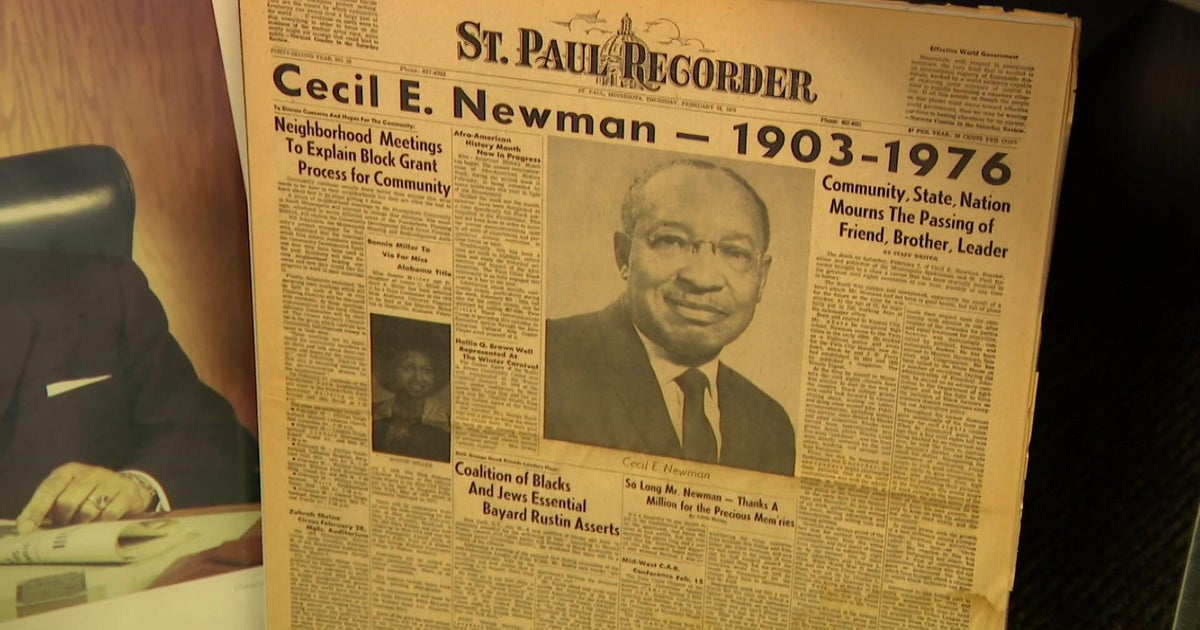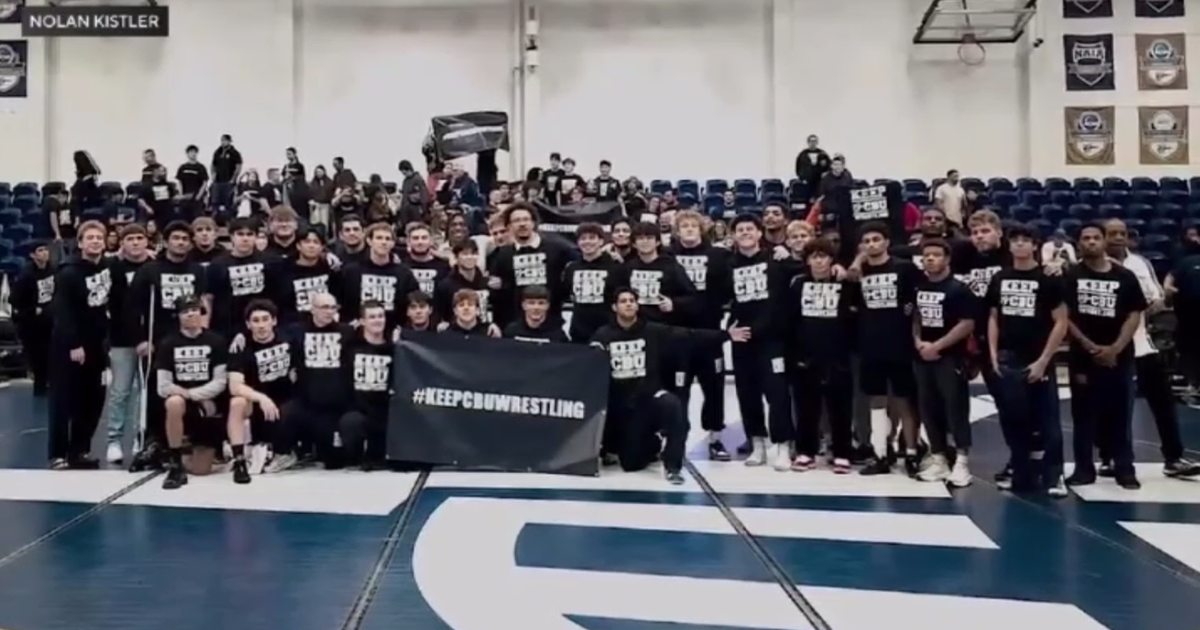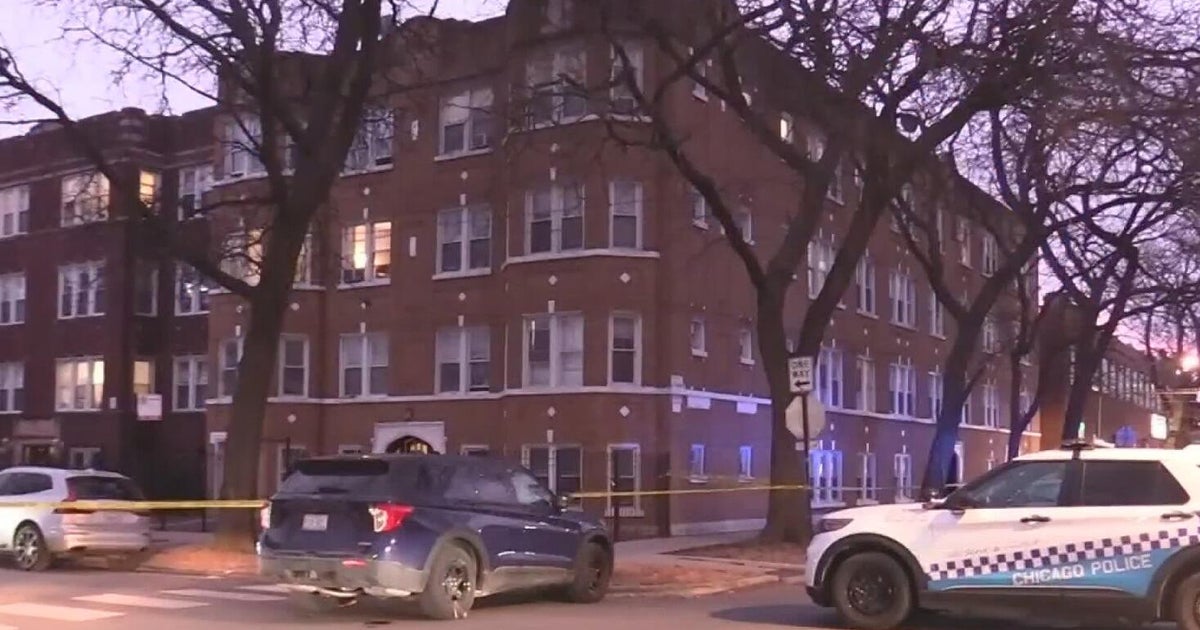Colorado Parks and Wildlife begins education programs after wolf reintroduction
To help communities adjust to living with wolves, Colorado Parks and Wildlife has started an educational presentation for wolf reintroduction and started in Silverthorne, just south of where a pack of wolves was released late last year. A packed house in Silverthorne Tuesday night brought fans and opponents of wolves alike with questions.
Both the director of Colorado Parks and Wildlife Jeff Davis and Wolf Conservation Program Manager for Colorado Parks and Wildlife Eric Odell were in attendance to help answer questions that folks in Summit County had regarding the new wildlife.
"They're all still in Colorado, still alive, still have had no reported depredation events on livestock," Odell said. "So they're doing exactly what wolves do, and so this is a great first step into our reintroduction effort."
A lot of the concern regarding the reintroduction of wolves via Prop 114 in Colorado centered around what they would eat; rancher's livestock, pets, etc. This has led to scrutiny over what ranchers can use to defend their property, while also respecting the new species living next door. When CPW was able to capture wolves from Oregon last year, they did so after carefully choosing the packs they would take...but concerns came up when it was disclosed the wolves had previously had depredation reports.
O'Dell said they chose the best candidates available, and they did not just go for the easy targets.
"There were some packs that were candidates for consideration that were involved in depredation," Odell explained. "Two weeks prior to that, we passed on those packs, even though logistically it would have been very easy for us to capture those animals."
"The packs that we did go to, they did have historical depredation and there had been some management actions taken there had not been any kind of depredation for the six months prior to our capture."
Your reporter in the mountains Spencer Wilson asked if that's a learned behavior that could potentially cause issues down the line. Odell's answer was practical.
"Wolves are opportunistic," he said. "Right now, they have plenty of resources to feed on." He also added that CPW will continue to support ranchers with deterrents to make livestock less opportunistic and will still pay ranchers for any livestock killed or hut, as stated in the reintroduction plan.
A piece that was less defined was the references to the 10J amendment, a stipulation that allows wolves to be killed in the event they are attacking livestock frequently enough that the attacks can be designated as "chronic depredation." The issue is, that there is no concrete definition of what rises to that level, it's up to the discretion of CPW to decide in each case (other states have an official time/attack ratio they judge it against.) Davis offered this explanation for why they have not come up with a time/attack ratio that ranchers can count on.
"We're still working on that," Davis said. "Were we're working on the definition for chronic depredation and that that that will take some time, as you might imagine."
He referenced that the stakeholder advisory group for the reintroduction voted that CPW should be the one to decide, and now it's up to them to make an official decision, which has not happened yet.
After the presentation, wildlife officers opened the floor to the public for questions. One question came from Summit County Resident Mark Burgeson, looking for an answer to why we were introducing wolves in the first place (he has said he has no issue with wolves but was interested in the purpose of doing so now.)
"When I asked 'why now and why in Colorado at this time,' after, you know, 50 or 60 years without wolves, the answer was because the voters wanted it," Burgeson said. "I'm not sure that the voters were as informed as I would like to be about the effect of wolves in our environment."
O'Dell did say as much during the meeting, that while the expected outcome of these wolves in Colorado is unclear, a very real possibility is...nothing changes.
"There is a lot of ideas that wolves have had these big ecosystem-level effects," Odell said. "It's a very simple story, but it's maybe not exactly the way it plays out. I think that there's a level of expectation that we need to bring that, you know, there can be some localized impacts if there's a number of wolves in a particular area for a long time."
CPW is planning to host additional meetings for communities near wolf habitats in the future.

